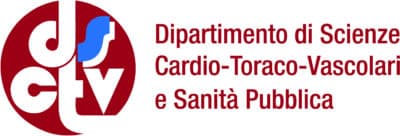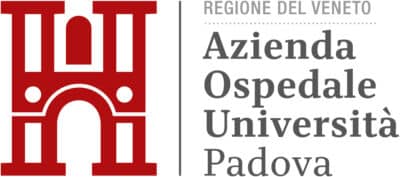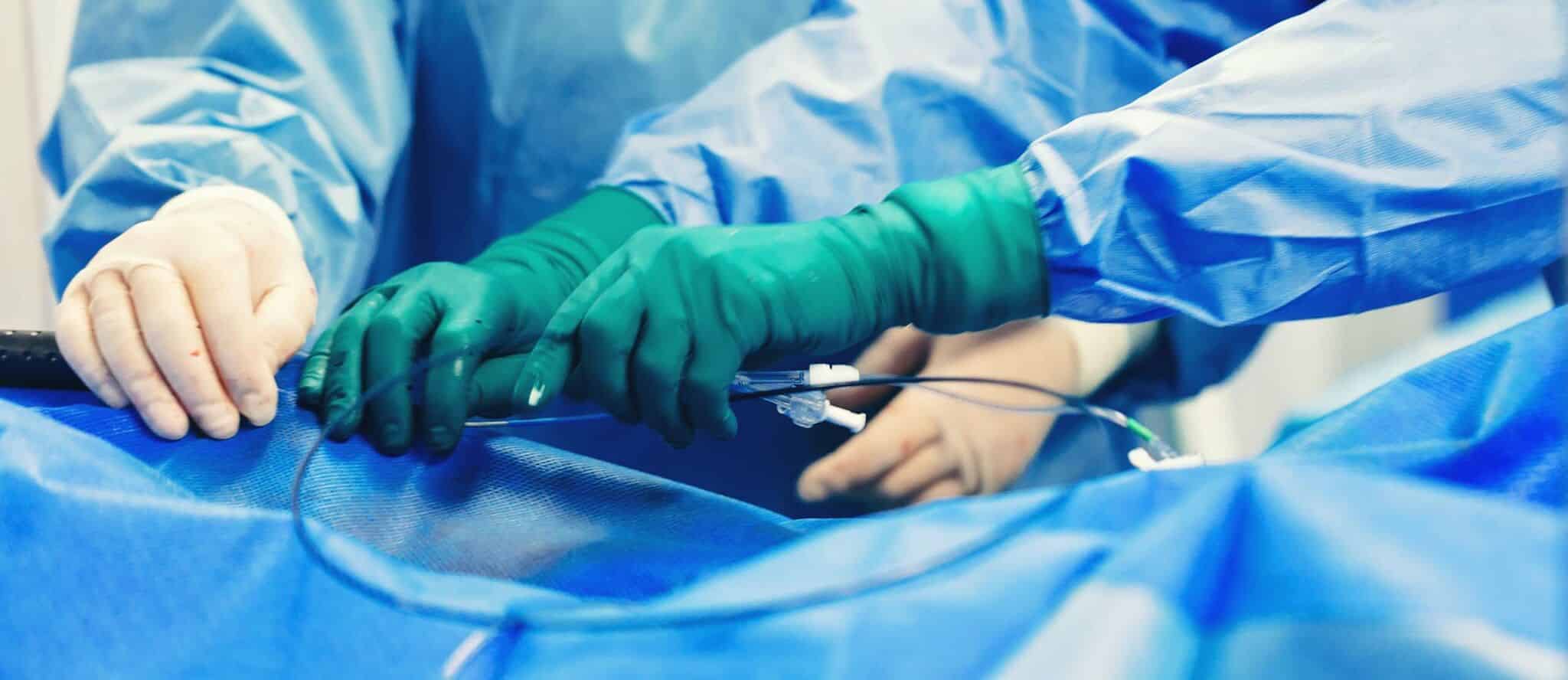

The Second-level short specialisation degree in Transcatheter treatment with multimodal imaging for structural heart diseases offers medical specialists an advanced training path, combining theoretical knowledge and practical skills for an innovative therapeutic approach to structural heart disease. The use of multimodal imaging is the core of the program, ensuring precise and personalized patient management.
The course delves into the transcatheter treatment of aortic valvular disease, both in the context of native pathology and bioprosthesis dysfunction, in addition to the most modern strategies for mitral and tricuspid valvular disease. The techniques for occlusion of the left atrial appendage, closure of atrial and ventricular septal defects, patent foramen ovale and paravalvular leaks will also be covered.
For each pathology, participants will acquire essential skills on clinical indications, screening criteria, selection of the most suitable device and the fundamental technical steps to ensure procedural success.
With the Second-level short specialisation degree in Transcatheter treatment with multimodal imaging for structural heart diseases offers comprehensive training, starting from the physiopathology and diagnosis of the pathologies treated up to the planning and execution of transcatheter procedures. Participants will acquire the skills necessary to select, perform and interpret instrumental examinations, deal with any complications and plan post-procedural follow-up.
The educational program includes a highly practical approach, with lectures, exercise sessions, step-by-step tutorials with simulators, live cases from the Hemodynamics laboratory and analysis of recorded procedures (live-in-a-box).
Topics covered include: degenerative and congenital aortic valvular disease, degenerative and rheumatic mitral stenosis, primary and secondary mitral regurgitation, tricuspid regurgitation, congenital pulmonary valvular disease in adults, degeneration of bioprostheses (structural and periprosthetic leaks), atrial septal defects, patent foramen ovale and coarctation of the aorta.
The Second-level short specialisation degree in Transcatheter treatment with multimodal imaging for structural heart diseases trains highly qualified professionals in the integrated management of adult structural heart disease, providing advanced skills to optimize the diagnostic and therapeutic pathway.
Through a multidisciplinary approach, the course develops the ability to work in synergy with the heart team, enhancing not only the interaction with colleagues, but also the shared decision-making process in patient management. Participants will acquire essential skills in effectively communicating the risk and benefit of procedures, improving the quality of the doctor-patient relationship.
Furthermore, the program provides tools for a critical analysis of international guidelines, clinical trials and the most recent scientific evidence, allowing students to apply best practices in their clinical activity and contribute to the evolution of the sector
The Second-level short specialisation degree in Transcatheter treatment with multimodal imaging for structural heart diseases includes three topic areas:
1 – VALVE DISORDERS AND CONGENITAL HEART DISEASES IN ADULTS
- Pathophysiology and treatment of valve disorders and structural cardiac defects
- Cardiovascular pathological anatomy
- Multidisciplinary approach to clinical management
- Heart surgery
- Clinical, diagnostic, and interventional approach for patients with bioprosthetic dysfunction
- Vascular approach in interventional cardiology and management of interprocedural complications
- Congenital heart disease: a clinical, echocardiographic, and interventional approach
- Echocardiography for structural non-valvular heart disease
- Management of anesthesia in the Cath Lab
2 – INVASIVE AND NON-INVASIVE DIAGNOSTICS
- Echocardiographic diagnostics for valve disorders
- Radiological diagnostics for patients undergoing interventional and structural procedures
- Interprocedural echocardiographic monitoring in patients with mitral and tricuspid valve disorder
- Clinical, echocardiographic, and interventional approach for patients with paravalvular leak
3 – TRANSCATHETER TREATMENT TECHNIQUES
- Invasive hemodynamic diagnostics
- Clinical and interventional approach for patients with valvular aortic stenosis
- Interventional techniques
- Clinical and interventional approach for patients with tricuspid valve disorder
- LAA closure: clinical, echocardiographic, and interventional approach
The general ranking of merit for the academic year 2025/26 will be published on the Italian page of this Second-level short specialisation degree according to the timing provided in the Call.
Information
FAQ
The educational path includes lectures, exercise sessions, step-by-step tutorials with simulators, live sessions from the haemodynamics laboratory and live-in-a box.
The Short specialisation degree takes place over a year at the UOSD Hemodynamics and Interventional Cardiology of the University of Padua. Participants, compatibly with national regulations related to the pandemic situation, will have to attend the Padua haemodynamics laboratory as observers.
No, the program only includes observation activities.
Yes, the final exam will be performed orally.

